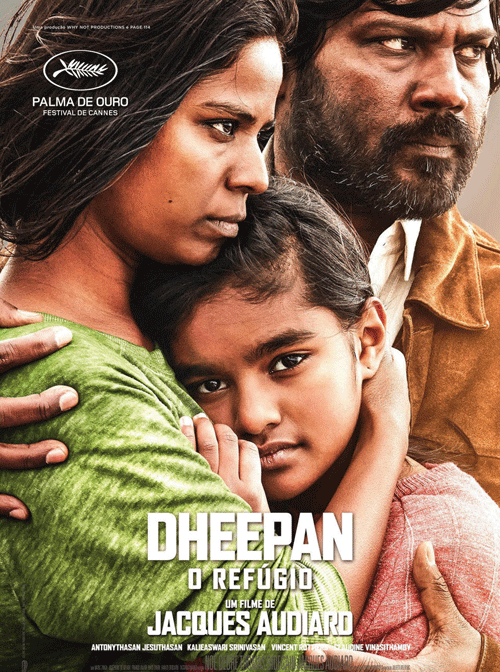
The latest move by US President Donald Trump to crack down on illegal immigration by arresting and imprisoning migrants and separating them from their children who are being held inside cages has come in for criticism from across the world, including by his own Republican Party members; even Trump’s wife Melania Trump and Laura Bush, former First Lady have spoken out against this ‘zero tolerance’ policy, but Trump does not seem to be deterred. Instead, in a series of tweets he has criticised Germany, one of US’s closest allies for its open-door policy for those seeking asylum.
Right-wingers have always had problems with migration; xenophobia is an integral part of the bigoted psyche. In Mumbai, a city of settlers, people who have migrated over the years, found their livelihood and settled down have problems with migrants from UP and Bihar. Local right wing political parties have always made migration a part of their campaign, instilling insecurity amongst the ‘sons of soils’ against outsiders who are perceived as usurpers of their rights and livelihood.
No Indian film has been made on illegal immigration yet; it needs a political maturity and erudition which is lacking in most Indian directors. And the others who suck up to the administration have not yet tried their hand in tackling the subject despite the government branding all Rohingya refugees as terrorists. But in the west there always have been attempts at examining the problems related to illegal migration. Some of the immediate, significant films that come to mind are French director Jacques Audiard’s Dheepan (2015) and the late German director Rainer Werner Fassbinder’s Ali: Fear Eats the Soul (1974).
Dheepan tells the story of three Tamil refugees who flee the civil war-ravaged Sri Lanka and come to France in the hope of reconstructing their lives. The film won the Palme d’Or at the 2015 Cannes Film Festival. The German film Ali: Fear Eats the Soul revolves around the romance that develops between Emmi, an elderly German woman —who had once been a Nazi sympathiser and Ali, a Moroccan migrant worker. Both the films offer a sympathetic and tolerant view of problems related to illegal migration and xenophobia. The Golden Dream, a 2013 Mexican film directed by Spanish born Mexican director Diego Quemada-Diez traces the journey of three teenagers from Guatemalan slums who travel across Mexico on freight trains and walk across rail tracks over hostile landscapes along with other illegal immigrants to reach the US. On their way, they negotiate inhuman traffickers, bandits and hostile soldiers. Amongst the teenagers is a girl who chops off her hair, wraps her breasts tightly in a bandage and dresses like a boy to avoid being raped on the way.
A viewer writes about the film, “Given the racist hatred toward Latino immigrants, this is a film that will help increase much needed solidarity as well as deliver a powerful dramatic tale that succeeds in cinematic terms.”
A recent Mexican film Desierto (2017), ably directed by Jonas Cuaron and starring the Mexican star Gael Garcia Bernal pits a group of illegal Mexican migrants against a deranged American vigilante across the treacherous and unforgiving US-Mexican border. As the psychotic vigilante, along with his ferocious dog tracks down the migrants and shoots them down one by one, the film descends into a harrowing and primal fight for survival. “Welcome to the land of Free”, he proclaims gleefully as the illegal migrants’ try to duck the bullets and scamper for safety.
An Italian documentary film Fire at Sea (2016) which won the Golden Bear at the 66th Berlin International Film Festival looks at the European migrant crisis in a very heartfelt manner. Shot on location on the Sicilian island of Lampedusa, it traces the migrants’ dangerous Mediterranean crossing against a background of the ordinary life of the islanders. The main characters are a 12-year old boy from the local fishing family and a doctor who treats migrants on arrival. In the acceptance speech for the Golden Bear Award, its director Gianfranco Rosi stated that his intention was to heighten awareness of the migrant situation: “It is not acceptable that people die crossing the sea to escape from tragedies.”
(The author is a Mumbai-based filmmaker, 0instructor and writer)





